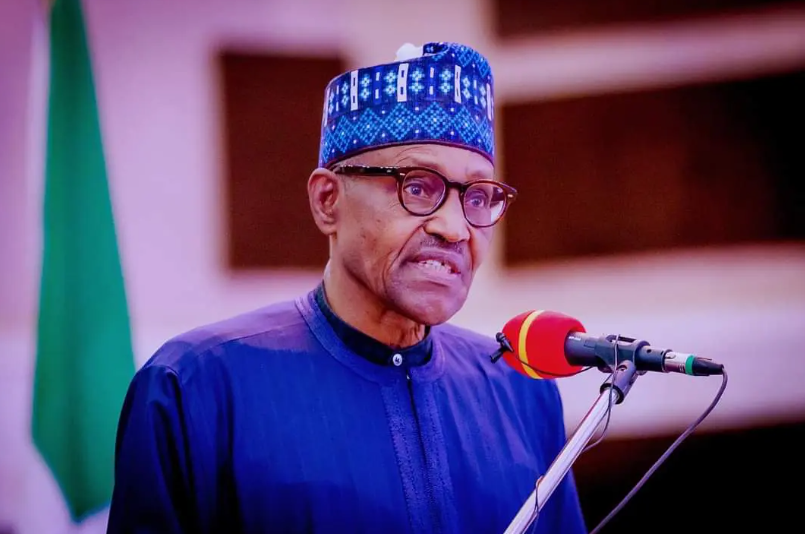The Nigeria Development Update by the World Bank highlighted a significant economic decline in Nigeria between 2015 and 2022, marking a reversal of earlier economic progress. This period saw GDP per capita decrease by approximately one-third, attributed to inconsistent macroeconomic policies, a contracting oil sector, and external economic shocks.
Criticism was directed towards unorthodox monetary policies and increased fiscal deficits, which resulted in high inflation rates and mounting national debt.
Recent initiatives under President Bola Tinubu's administration are showing promising signs of economic stability. These include reforms aimed at stabilizing prices, building up foreign reserves, and reducing fiscal deficits through enhanced revenue generation and disciplined expenditure management.
The report emphasizes the importance of maintaining a unified exchange rate, boosting non-oil revenue, and strengthening social safety nets to mitigate the impact of high inflation and economic challenges on poverty levels.
Overall, while acknowledging ongoing economic challenges, the report underscores the potential for sustained recovery through continued policy reforms and targeted interventions aimed at fostering inclusive growth and poverty alleviation in Nigeria.
Tags
POLITICS

